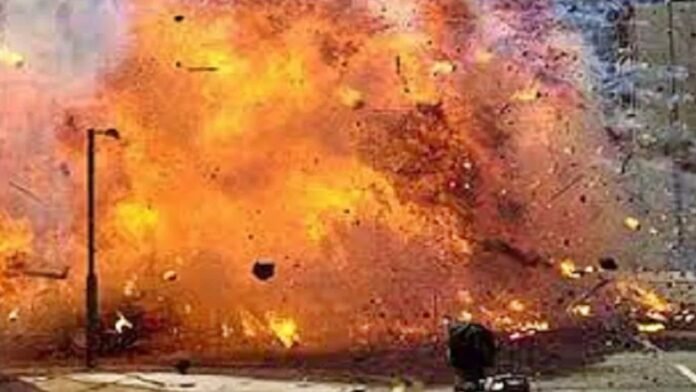
New Delhi: In a grim development for Pakistan’s already volatile northwest, a powerful bomb blast at Quetta’s railway station has left 24 dead and at least 30 others injured. According to local reports, the explosion targeted the crowded booking office just moments before a Peshawar-bound express train was scheduled to arrive, amplifying the tragedy as families, travelers, and soldiers gathered on the platform. The impact of the blast was devastating, with early assessments warning of the high number of casualties due to the station’s routine crowding.
Quetta Blast Linked to Baloch Liberation Army: A New Wave of Violence
Shortly after the attack, the Baloch Liberation Army (BLA), an insurgent group fighting for Baloch independence, claimed responsibility for the explosion. Jiyand Baloch, a spokesperson for the BLA, issued a statement asserting that the Majid Brigade unit had launched the “fidayeen” (suicide) assault. The statement revealed that the attack specifically targeted a unit of the Pakistani Army that had recently completed a training course at the Infantry School and was about to board the Jaffar Express for their next assignment. This incident is one of the most recent escalations in Balochistan, highlighting Pakistan’s struggle with a separatist insurgency in its southern regions.
Second Attack in Waziristan: Four Security Officers Killed
Adding to the escalating violence, another blast rocked South Waziristan, a hotbed for militancy in Pakistan’s Khyber Pakhtunkhwa province. A roadside bomb detonated on Thursday as it struck a vehicle carrying security forces, killing four officers and injuring five others. This attack, though unclaimed, bears hallmarks of Tehreek-e-Taliban Pakistan (TTP), an extremist faction allied with the Afghan Taliban that has intensified its assaults in the region since 2021 when the Afghan Taliban regained control in neighboring Afghanistan. Pakistan’s military confirmed the loss of its personnel and stated that security forces neutralized five TTP fighters, whom the military referred to as “Khawarij.”
Growing Security Concerns Amid Rising Insurgency
These attacks underline Pakistan’s mounting challenges in handling both separatist and extremist threats in the region. The recent upsurge in militant activities has forced Pakistani authorities to ramp up security measures while navigating delicate diplomatic relations with Afghanistan over Taliban support for TTP.

As Pakistan confronts these ongoing threats, the resilience of its security framework remains under intense scrutiny amidst rising concerns for civilian and military safety in increasingly unstable areas.





















































